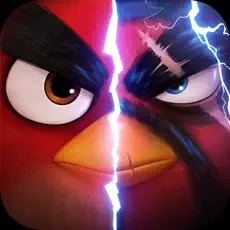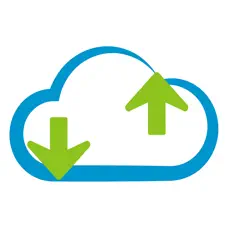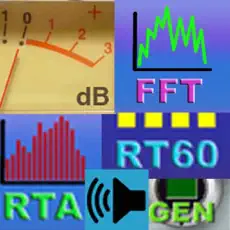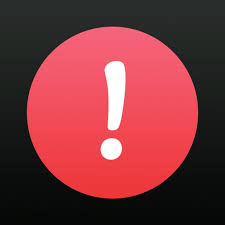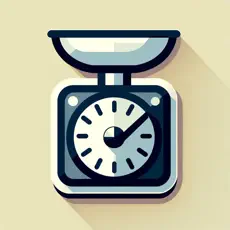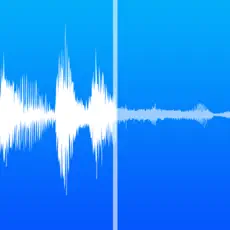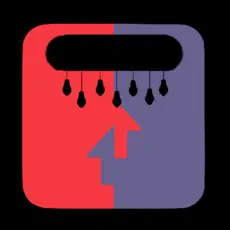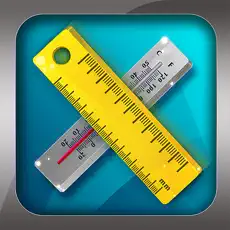Apps
What is an App?
An app, or “application,” is a software program that is specifically designed to be used on a certain type of device, such as smartphones, tablets, PCs, or laptops. They are usually designed for a certain purpose, such as playing games, checking the news, or ordering food. Apps usually include features that make them easy to use, such as:
Touch-screen interfaces
Gesture-based controls
Voice recognition
Apps can range from simple games to more complex tools designed to make everyday tasks more efficient. For example, on a smartphone, you can use the Uber app to get a ride, or the Venmo app to send and receive money. You can also use apps to book flights, order food, and find discounts on products you love.
How Do Apps Work?
Apps use a combination of technologies to perform functions and respond to user input. They use programming languages and frameworks such as Java, HTML, and Swift to create their user interface and make them interactive. Apps also use cloud computing to store data and use the Internet to connect with other services. When you open an app, it uses your device’s operating system (OS) to process the code, which is then executed. The code then fetches data and manages user interactions. This process makes it possible for the app to respond to your input and display the correct information or images.
Why Are Apps So Popular?
Apps are increasingly popular because they make it easier to access information and services than ever before. Apps are designed to be user-friendly and offer a wealth of features that can make our lives more efficient and enjoyable. The convenience of using apps also means that we can access any information or service we need at the touch of a button, from ordering food to grocery shopping. Additionally, apps are getting better and more advanced all the time. Developers are constantly updating them with new features and making them easier to use. This means that apps are going to be an even more essential part of our lives in the years to come.
